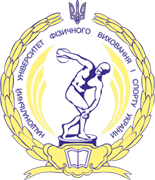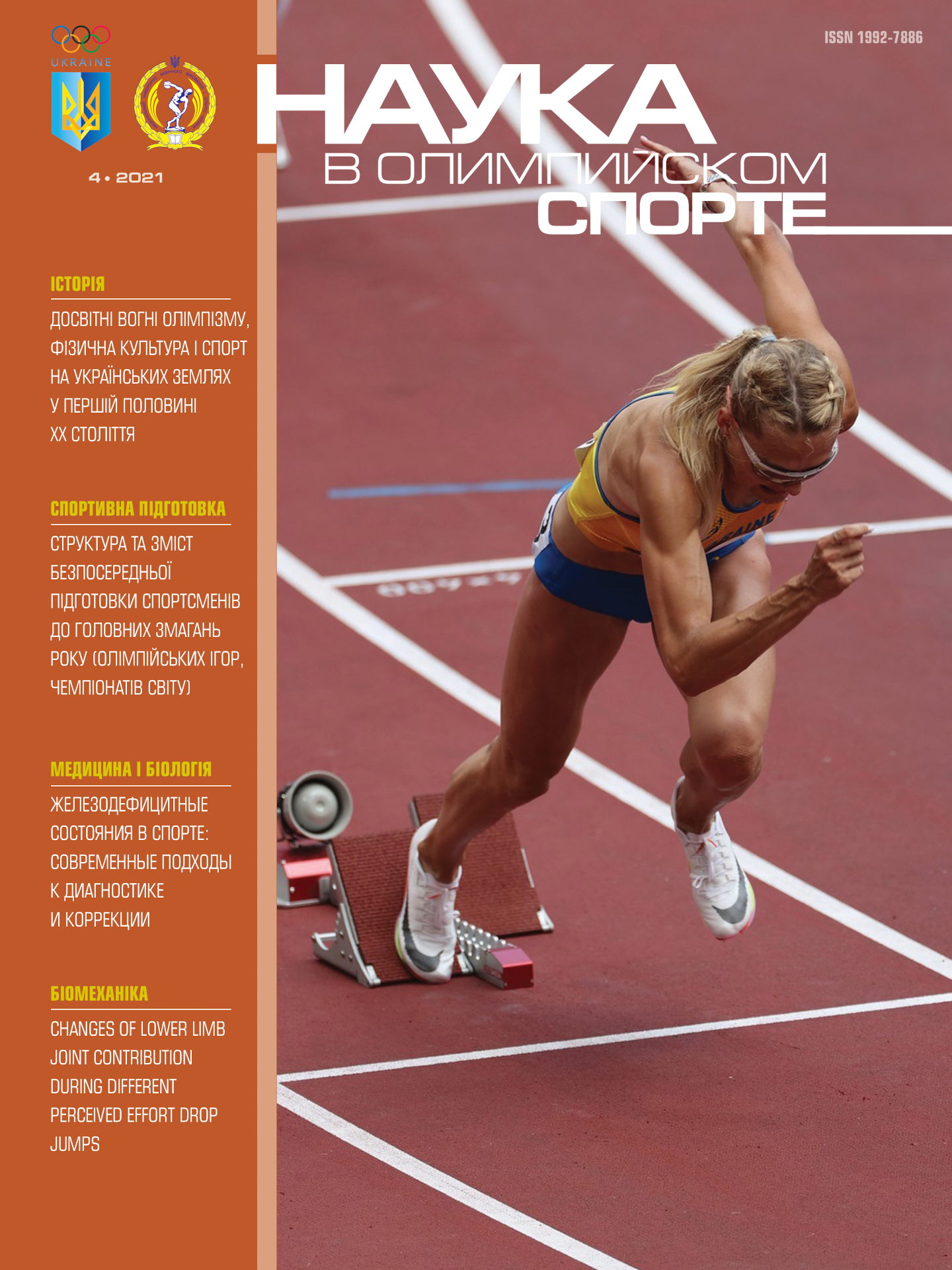Abstract:
The review paper covers specific and nonspecific metabolic alterations that occur in the athlete's body under intense and prolonged physical exertions. The emphasis is on the fact that oxidative stress, is the primary link in the subsequent shifts in homeostatic equilibrium. Specific markers of myocardial overexertion include changes in the activity of MB fraction of creatine phosphokinase, level of cardiac troponins I and T, and terminal natriuretic peptides. A wider range of nonspecific markers of myocardial overexertion includes both indices of lipid metabolism disturbance and numerous indicators of metabolic shifts mediated just by the oxidative stress at the level of cellular and subcellular membranes of cardiomyocytes, which reflect the changes in the activity of membranebound enzymes and the release into the extracellular matrix of lysosomal proteinases. Furthermore, structural and functional rearrangements of erythrocyte membranes and changes in ATP content in these cells are observed that are accompanied by impaired oxygen transport function of the blood. All this negatively influence myocardial contractility and results in the development of hypertrophic cardiomyopathy. Identification of markers of myocardial overexertion makes possible to timely carry out pharmacological corrective measures aimed at normalization of the above mentioned metabolic changes.
Аннотация:
В обзорной работе освещены специфические и неспецифические метаболические перестройки, происходящие в организме спортсмена при интенсивных и длительных физических нагрузках. Акцент сделан на том, что первичным звеном последующих сдвигов гомеостатического равновесия является окислительный стресс. К специфическим маркерам перенапряжения миокарда относятся изменения активности миокардиальной фракции креатинфосфокиназы, уровня сердечных тропонинов І и Т, а также концевых натрийуретических пептидов. Более широкий круг неспецифических маркеров перенапряжения миокарда включает как показатели нарушения липидного обмена, так и опосредованные именно окислительным стрессом многочисленные метаболические сдвиги на уровне клеточных и субклеточных мембран кардиомиоцитов и снижение содержания АТФ в них и эритроцитах, что сопровождается ухудшением кислородтранспортной функции крови, что ведет к формированию гипертрофической кардиомиопатии. Определение маркеров перенапряжения сердца спортсменов дает возможность своевременно осуществлять коррекционные мероприятия фармакологического характера, направленные на нормализацию указанных метаболических изменений.













